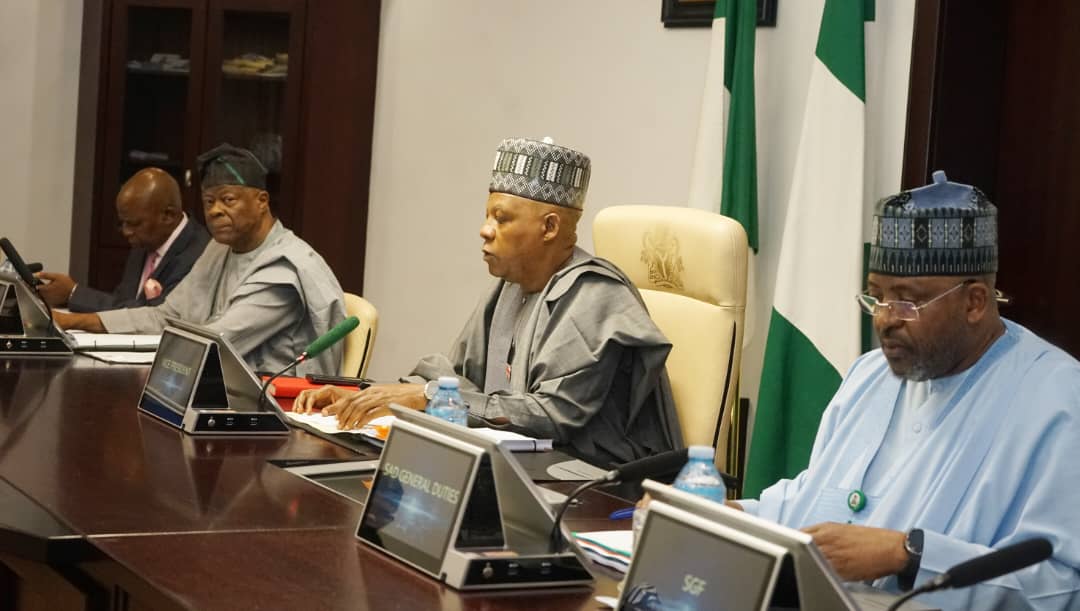The Managing Director/Chief Executive Officer of Lagos Waste Management Authority (LAWMA), Dr. Muyiwa Gbadegesin, has revealed that a well-structured circular economy could fetch $2.5 billion annually for Lagos State Government.
The circular economy is a system where materials never become waste and nature is regenerated. In a circular economy, products and materials are kept in circulation through processes like maintenance, reuse, refurbishment, recycling and recomposting.
Gbadegesin also disclosed that the state government would establish a material recovery facility at Badagry in an effort to boost waste management.
He also hinted that the Olusosun dumpsite at Ojota and other dumpsites in the state would be closed in order to pave way for the establishment of the facility and other waste-to-energy plants.
He made these revelations in an interview where he harped on the economic and environmental benefits of transitioning from a linear waste management model to a circular economy that enables materials to be reused and recycled to minimise waste.
Gbadegesin said: “When we close the dumpsites, we will divert the waste to a material recovery facility at Badagry.
“We will extract all the biogas to generate electricity and cover the waste.
“In the case of Olusosun, we are looking at working with industrial facilities at the back of the dumpsite, which can use the gas to power their generators.”
He added: “We were used to the linear model where waste is collected, dumped, and buried. Now, we are introducing a circular economy where waste has value.
“About 90 per cent of our waste still has economic potential if properly sorted.”
The LAWMA boss further explained that the state government is planning a biogas facility and has completed the feasibility study last year in partnership with the Swedish Government.
“Sweden has achieved zero waste because it takes up its sewage and organic waste and uses them to produce biomethane in large quantities.
“If they can do it, we can. We are planning to replicate the Swedish model here,” he said.
He posited that transitioning from linear to circular economy would require individual to sort their waste at the source and the establishment of community recycling centers.
The community recycling centres, according to him, would enable residents to exchange recyclable materials like PET bottles, paper, metals and food waste in a manner that would create a sustainable recycling ecosystem.
Gbadegesin said: “We need massive public sensitization and advocacy to drive this change. People must begin to sort waste at home, and we must have structured collection points where off-takers can process these materials.”
He further disclosed that the agency is working with relevant organisations to ensure the success of the initiative.
He, however, hinged the success on the transition to circular economy on awareness campaign that would highlight the economic and environmental benefits of a circular economy in Lagos State.
He also assured that an effective implementation of the initiative would transform the state government’s waste management system in a manner that would convert trash into a $2.5 billion annual revenue stream while promoting sustainability.





